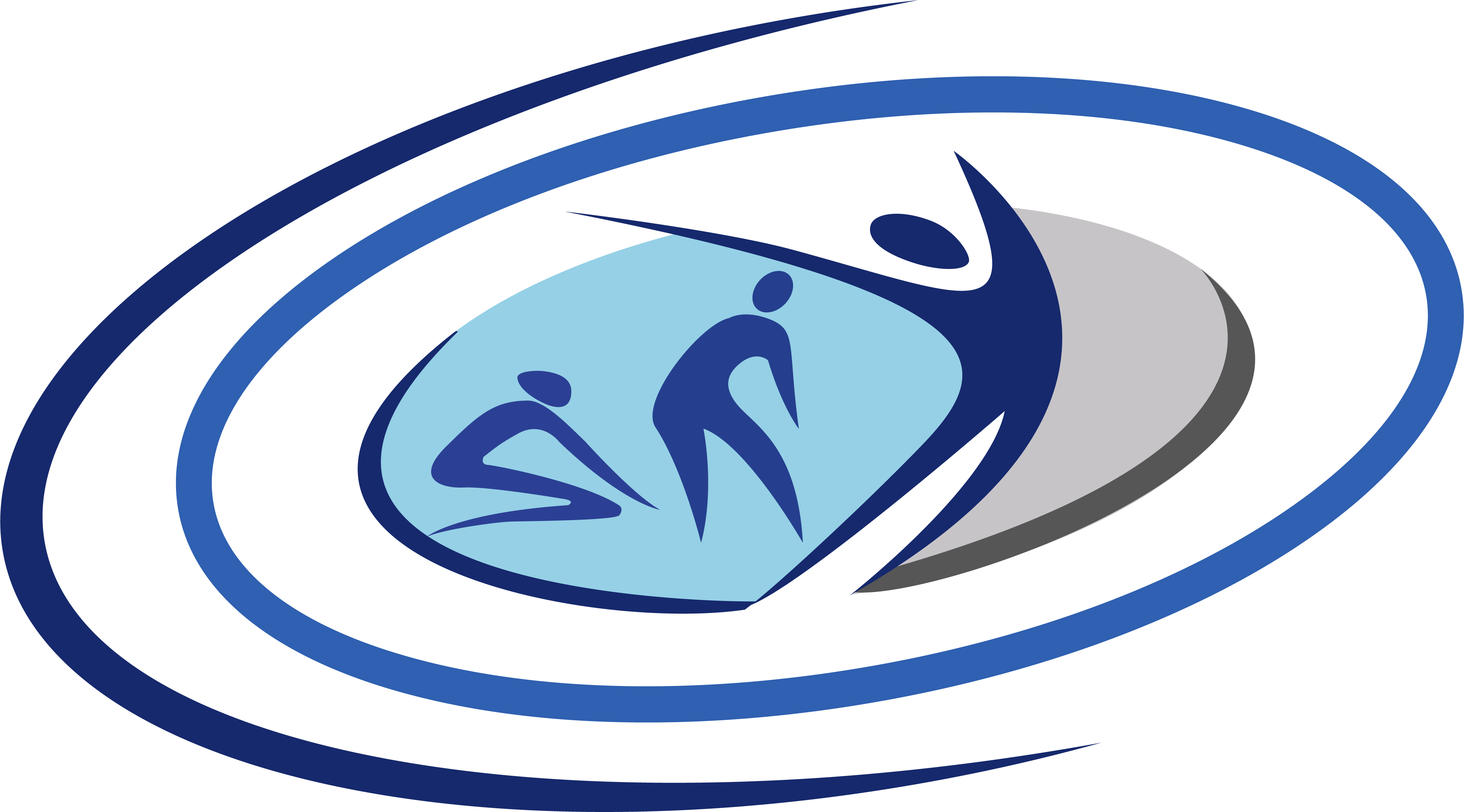It is well understood that physical activity and exercise can significantly improve mental well-being by boosting mood, cognitive function, physical health, sleep quality, and self-esteem. However, a growing body of evidence shows that higher activity level is correlated strongly with a lower incidence of diagnosed mental illnesses.
Depression is the leading cause of mental-health related disability and disease burden worldwide and is associated with premature death from suicide and other illnesses. A recent meta-analysis published in JAMA Psychiatry found a large and significant association between levels of physical activity and instances of depression.[1] The analysis reviewed 15 studies comprising almost 200 000 participants and suggested there are significant mental health benefits from being physically active, even at activity below typical public health recommendations (~3 hr / week of brisk walking or equivalent). Other studies have shown that as little as 15 minutes of light to moderate exercise is as effective as anti-depressant medication in alleviating symptoms of depression and anxiety – without pharmacological side-effects. Even light exercise can reverse symptoms of depression by reducing stress, tension, and irritability as well as improve sleep, energy and concentration.
| Common Symptoms of Depression | Evidence-based Benefits of Light, Moderate or Intense Exercise |
| Feelings of helplessness or hopelessness | Increased self-confidence and self-esteem |
| Insomnia | Improved sleep quality and duration |
| Anger, Irritability, Loss of Interest in Daily Activities | Improved mood and concentration |
| Loss of energy | Increased endorphins |
| Increases in aches, pain and other physical illnesses | Reduction in inflammation and improved musculo-skeletal health |
This robust research emphasizes the importance of physical activity in the prevention and treatment of depression, anxiety and other mental health disorders.
At Rehab Clinics Canada we take a holistic and evidence-based approach to rehabilitation that emphasizes the interconnectedness of physical and mental well-being. Book to see one our mental health professionals or physical therapists to start you on the road to recovery.

